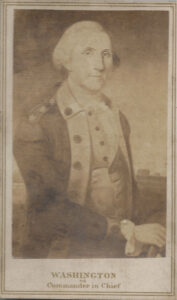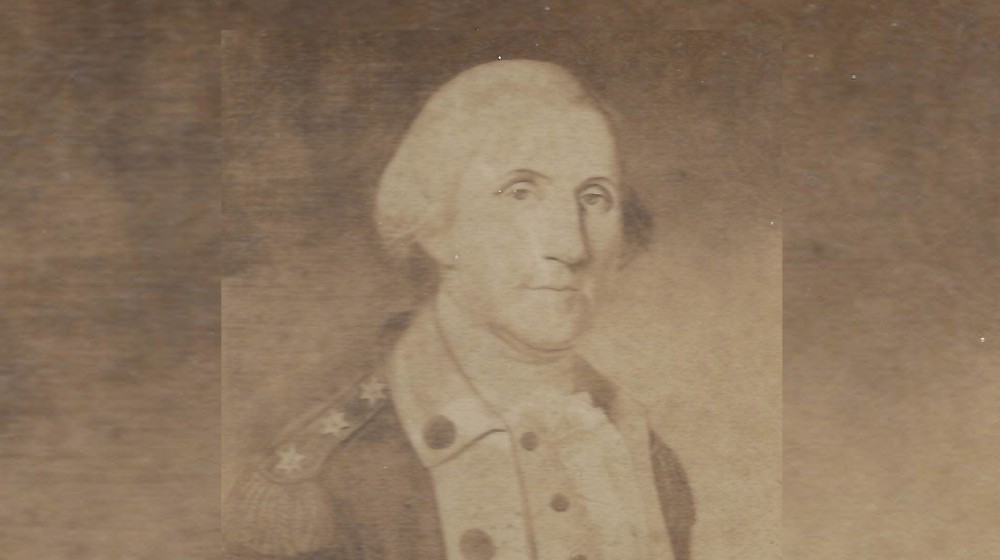May 28, 1754: British Army Major George Washington Triggers The French & Indian War At The Battle Of Jumonville.
You are there: As the British and French approach the Seven Years War for global hegemony, a small battle on disputed land south of Pittsburg opens the conflict in North America.
The British regard the land as part of their Virginia Colony, and assign a 21 year old army Major, George Washington, to secure it with a storage compound called Ft. Necessity and a military road leading across the Appalachian Mountains into the Ohio Valley. For the French the area is part of New France anchored to the northwest by their own Ft. Duquense.
When word reaches Washington of a hostile French band marching his way, he advances to head them off. Washington’s 40 Provincial troops are joined by a dozen Mingo (Iroquois) tribesman led by Chief Tanacharison or “Half King.” The French contingent comprises 35 Regulars commanded by Ensign Joseph Coulon de Jumonville.
After a long night march in a drenching rain, the band comes upon the French encampment at a glen some seven miles from Ft. Necessity. The Mingo warriors approach from the rear while Washington heads straight in, apparently catching the French by surprise. Accounts of the ensuing fifteen minute battle differ greatly in the telling, but the end finds Jumonville and 12-13 other Frenchmen killed and the rest captured. Claims are later made of atrocities with several casualties reportedly scalped.
Retribution follows swiftly as de Jumonville’s half-brother organizes a French brigade of 600 troops from Ft. Duquense and forces Washington to surrender Ft. Necessity on July 3, 1754. The terms are particularly embarrassing to the British, including an assertion that Jumonville was a peaceful ambassador who was captured alive and then assassinated.
The Battle of Jumonville Glen is generally recognized as the opening conflict in what becomes the French & Indian War which rages across the northeastern colonies and Canada between 1754 and 1763. It ends with the Treaty of Paris wherein France cedes all of its land in North America to Britain and Spain.
The ultimate irony surrounding the Battle of Jumonville Glen is that British Major George Washington goes on two decades later to become Commander-in-Chief of all American forces who defeat the Crown in the Revolutionary War – before serving as first President of the new independent nation.

